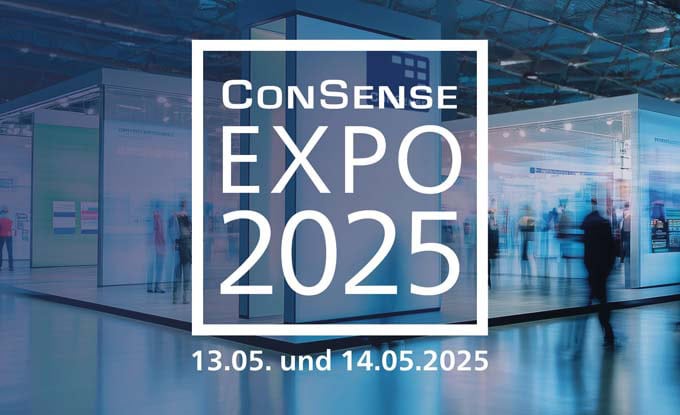SNBS building certifications more in demand than ever before
Demand for the certifiable Swiss Sustainable Building Standard SNBS has been rising steadily since its launch in mid-2016. There are currently 30 buildings in the assessment process. Two buildings, including the new building of the International Olympic Committee (IOC) in Lausanne, have already been SNBS certified.

Since August 2016, the SNBS 2.0 Building Construction Certificate has provided the industry for the first time with a comprehensive, domestic and certifiable standard for sustainable construction, which is enjoying growing popularity.
The fact that the SNBS certificate has already been awarded for two buildings (the "Twist Again" service building in Berne and the new building for the International Olympic Committee IOC in Lausanne) can be seen as a great success. In addition, the certification body responsible, SGS Société Générale de Surveillance SA (SGS), reports 30 buildings in the inspection process and 150 applications.
Successful building - sustainable building
The fact that the planning instrument and the certification are experiencing a continuously increasing demand is due to various factors: The challenges and demands of sustainable construction are becoming increasingly complex and the requirements of investors and users are rising.
As today's building projects are being developed, especially for the coming generation of today's 15 to 24 year olds, their needs must be taken into account to a special degree. They have different requirements for modern technologies, are at the same time oriented towards personal values and demand ethical correctness as well as more responsibility towards the environment.
This is where the SNBS planning tool comes in. It offers investors, planners and developers a practical, impact-oriented tool for developing the right solutions. As an online tool and criteria description, it supports builders in planning new and renovated buildings for long-term sustainability.
The standard also enables the needs of society, the economy and the environment to be taken into account equally and as comprehensively as possible in planning, construction and operation. Compared to all other sustainable building standards, it includes not only the building itself, but also the location in the context of its environment, i.e. also the settlement development.
Neutral confirmation that the new building or conversion is taking a holistic and long-term view is increasingly important for building owners today vis-à-vis investors and buyers due to changing values and social as well as ecological requirements.
Elvira Bieri, Managing Director of SGS, explains: "Long-term value-preserving construction requires an overall view of conventional sustainability issues. In this way, the properties achieve a solid long-term value and offer a high quality of living. In this way, the SNBS takes equal account of user interests and return on investment issues, which contributes to the success of the standard."
Adrian Grossenbacher, Buildings Specialist at the Swiss Federal Office of Energy (SFOE), adds: "The SNBS is part of the SwissEnergy building label family, the platform that brings together all the activities of the Swiss Federal Office of Energy in the areas of renewable energies and energy efficiency under one roof. The SNBS is also a logical thematic development of Minergie/MinergieEco, which is of great interest to builders, investors and users. The success of the certification is also based on the successful further development of the original standard and the efficient cooperation between politics, administration and industry."
A further 150 registrations confirm the growing interest in the planning aid in the current changing times. After all, developments relating to the coming generation, digitalisation and environmental protection, are particularly challenging for the construction industry and investors.
The SGS Group is one of the world's largest inspection and certification companies. It employs more than 95,000 people in over 2,400 offices and laboratories worldwide. SGS was founded in Rouen in 1878 and has been headquartered in Geneva since 1911.
In Switzerland, SGS has sites in Zurich, Geneva and Locarno, as well as the laboratories SGS Labtox SA in Biel (asbestos laboratory), SGS Aargau GmbH in Koelliken (environmental laboratory) and SGS Atest SA in Châtel-Saint-Denis (materials testing laboratory).
www.sgs.com - SGS is the exclusive certification body for SNBS 2.0 Building Construction.
www.snbs.ch - Online tool and criteria description are available free of charge
www.snbs-cert.ch - Certification incl. auxiliary tools
www.nnbs.ch - Sustainable Building Network Switzerland









